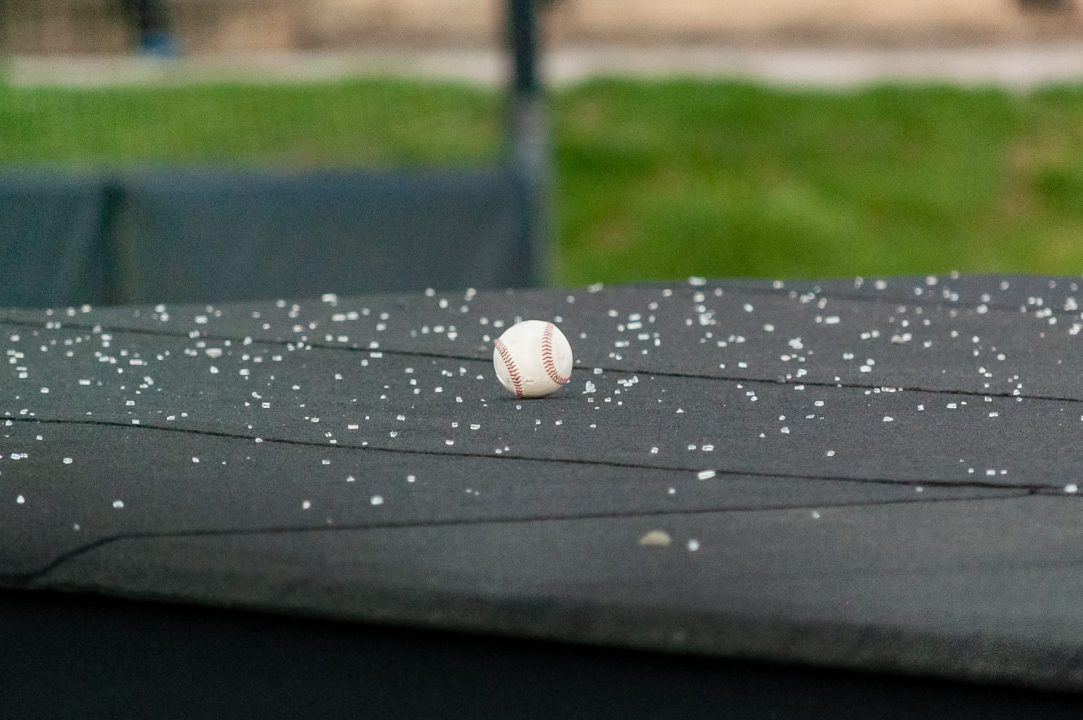By Ryan B. Harrison
Sports Editor
Earlier this week the Baltimore Ravens announced the termination of running back Ray Rice’s contract. Shortly after Rice’s contract was terminated, NFL commissioner Roger Goodell suspended Rice indefinitely. The termination and suspension were handed down after TMZ released security footage of Rice striking his then fiance Janay Palmer inside the elevator of an Atlantic City hotel
Rice was one game into a two game suspension when the video surfaced. Many saw the initial penalty as too lenient, as players regularly are given harsher penalties for violating the league’s banned substance policy. Shortly after handing down the verdict on Rice’s suspension, Goodell announced sweeping changes to the NFL’s personal conduct policy in regards to domestic violence. The new policies now more accurately reflect the severity of the offense, and are more in line with the league’s stance on drug use.
In a press conference late Monday evening, Ravens head coach John Harbaugh denied any knowledge of anyone in the Ravens organization having seen the video prior to today. Harbaugh was repeatedly asked why there was a difference in punishment between having the incident recounted by Rice and the video evidence. Harbaugh refused to answer the question directly, saying he did not want to get into the subject.
Harbaugh was visibly relieved when the questions about Rice’s termination ended and a reported asked who would start the Ravens Thursday night game against their conference rival, the Pittsburgh Steelers.
Some news outlets, including the sports blog Deadspin, are raising questions about whether or not league officials and some inside the Ravens camp had seen the video before it became public. The basis for this argument is that some insiders had described the events that take place in the video in detail before the video was released.
If league officials had seen the video prior to it becoming public, it reveals a pattern of the NFL waiting for information that will hurt its public image to become public before taking action to discipline its players. The NFL’s already lenient stance on domestic abuse did not change until after public outcry stemming from the Rice suspension, and Rice was not adequately disciplined until after video of the abuse became public.
It will be hard for reporters to prove these accusations, and the league will certainly not admit to seeing the video if they had. Whether or not they had seen the video is irrelevant, as the NFL had already shown its stance on the seriousness of domestic abuse through the way they have handed out suspensions recently.
Cleveland Browns wide receiver Josh Gordon was suspended for the entire 2014 season after failing a drug test that found marijuana in his system. Gordon was suspended for two games during the 2013 season for a similar offense, and was dismissed from Baylor University and was not allowed to play at the University of Utah for marijuana related issues. Gordon was suspended on Aug. 27, nearly a full month after Rice’s suspension was announced.
Just a week before the beginning of the season, Denver Broncos wide receiver Wes Welker was hit with a four game suspension for violating the league’s banned substance policy. It was originally reported that MDMA had shown up in a drug test, but CBS Sports NFL Insider Jason La Confora is now reporting that Welker took Adderall during the Kentucky Derby. This was Welker’s first offense.
Gordon clearly has a problem. He has a history of substance abuse that he has been unable to overcome despite it affecting his professional life. A lengthy suspension make sense in Gordon’s case.
But Welker, like Rice, was a first time offender. Abusing prescription drugs is a serious problem, as is domestic abuse; but the message the NFL is putting out is clearly that taking drugs is a more serious problem than abuse. What makes it worse it that the NFL was unable to recognize its backwards stance until it was a threat to their public image. Regardless of whether or not the league office or the Ravens had seen the video of abuse prior to Monday, it had already shown through its actions that it does not consider abuse on the same level as recreational drug use.
